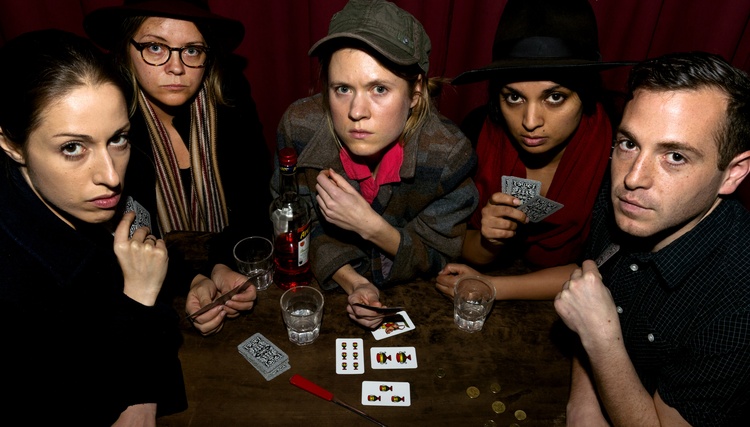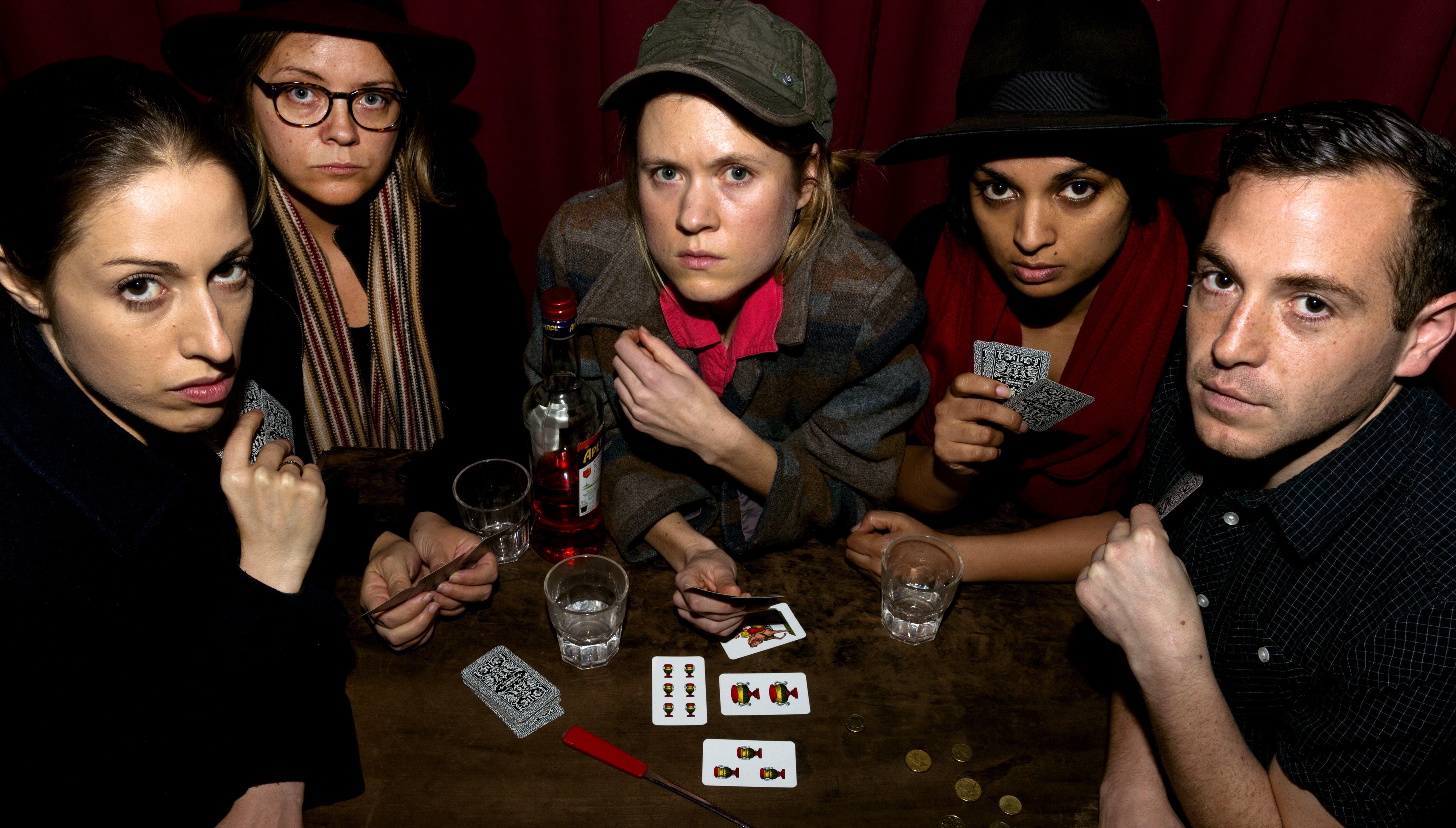Born in 1883, Valentino’s great-grandfather, Bruno Aloi, did in fact build a church in his hometown of Pietracupa in Calabria.
Little did Bruno know that years later in 1951, the town would cease to exist, as a destructive landslide would force its residents to relocate to neighbouring areas.
While Bruno’s church may not have survived, his legacy carries on four generations down the track, through Valentino’s play, ‘A Flower of the Lips’.
The production, which will be showing at the Sydney Fringe Festival on four dates from September 25, is a tribute to Bruno’s experience during World War I Italy, based on 500 pages of official documents gathered by Valentino from the Italian State Archives.
Valentino’s fourth play to date follows the journey of his great-grandfather, a Calabrian government official who was called on by the State to assist in arresting deserters of the Italian army who had been serving on the Austrian front.
“They’d decided they’d had enough and they deserted, which was very easy to do in those villages because they were in the middle of nowhere and surrounded by thick forests,” Valentino explained.
It wasn’t long before Bruno discovered that a number of the men sought after were in fact his relatives.
This revelation led to a moral dilemma which left Bruno torn between the duty to his family and his obligations as a public servant of the State.
What became of Bruno?
Well, that’s an answer which only the end of the play can unveil.
Funnily enough, it wasn’t until a few years ago that Valentino knew much at all about his great-grandfather.
It was on his first visit to Italy in 1989, that the playwright initially heard tales of his ancestor from an uncle.
These first utterances of Bruno, a representative of the mayor of Guardavalle, struck a curiosity within Valentino that was hard to shake.
After delving further into his great-grandfather’s history, Valentino travelled back to Calabria to meet Bruno’s younger brother, Vincenzo Aloi, to discover even more.
“He told me that the relevant court case after all of these arrests happened in the town of Gerace Marina, which is now Locri,” Valentino said.
Eager to learn more, Valentino asked a relative - who was also a lawyer - whether any of the court records from that era would still exist today.
Much to his surprise, Valentino received a nod and a “sì” in response.
“A few years later, in the late 1990s, I wrote to the Italian Archives in Reggio Calabria and I asked them if they had any papers on the court cases that resulted from these arrests...and they did,” Valentino said.
“So I sent them a cheque and they sent me about 500 pages of documents.”
Even today with the convenience of technology, it would be an enormous task to work through 500 pages of official documents, ranging from witness testimonies to judges’ statements.
But the challenge that Valentino faced was unimaginable.
All 500 pages were handwritten - in Italian, mind you - by various individuals, making for a difficult process of interpretation to say the least.
The laborious task of comprehending the documents wasn’t enough to deter Valentino, and in 2012 the playwright began reading through each and every paper.
Once he’d familiarised himself with the curves and strokes of each individual’s handwriting, Valentino managed to uncover a whole chunk of his family history, or at least enough to inspire ‘A Flower of the Lips’.
Fortunately, Valentino’s dedication paid off in more ways than one.
Not only does the playwright now have an acclaimed production to show for it, but he also has a stronger connection to his ancestors in Italy, which would’ve otherwise been lost in time.
“I was in Calabria last year and I went to the State Archives and saw the original documents in my hands; there were all of these letters and statements from many of my ancestors, so it was instant time travel and very sad,” Valentino said.
“There were all of these people I never knew, but I was no longer three or four degrees of separation from them through my parents or grandparents, I was actually with them right there in the room...they were alive!”
While Valentino teamed up for the fifth time with producer, Ira Seidenstein to bring the play to life, the artwork was designed by his friend and eminent Australian sculptor, Vince Vozzo.
Whether by chance or by fate, Vince’s and Valentino’s families originate from the same areas in Italy, and both men have relatives in Giarre (Sicily) and Caulonia (Calabria).
This is the third play that Vince and Valentino have collaborated on, and it seems that they’re a formidable team.
“Everyone who sees the canvas for the play is gobsmacked,” Valentino said.
“It’s like a surrealistic Calabria 1918 mixed in with Australia 2015.”
Another interesting component of the play is its gender-neutral nature, as many of the male roles are played by female actors.
While one may be quick to assume that there was some sort of deeper meaning behind this decision, Valentino sums it up simply.
“They were the best actors who auditioned for the role.”
A series of lauding reviews from last year’s showing of the play at the King Street Theatre seems to have justified this bold casting choice.
“Many audience members would say to me ‘we were a bit stumped at first seeing females playing men, but once you got into it you completely overlooked that fact and the character being played overtook the actor’s sex’.”
If you weren’t lucky enough to be one of the first to view this riveting play, now’s your chance.
As Sydney Fringe-goers prepare to be taken on a whirlwind ride through World War I Calabria, Valentino wishes for just one thing: to revive the story of an ancestor long gone.
“Let’s not let this good man be buried in the oblivion of time; let’s try and resurrect him as best as we can.”












